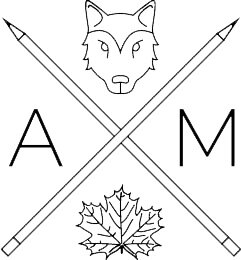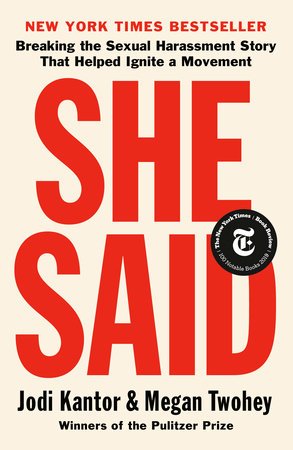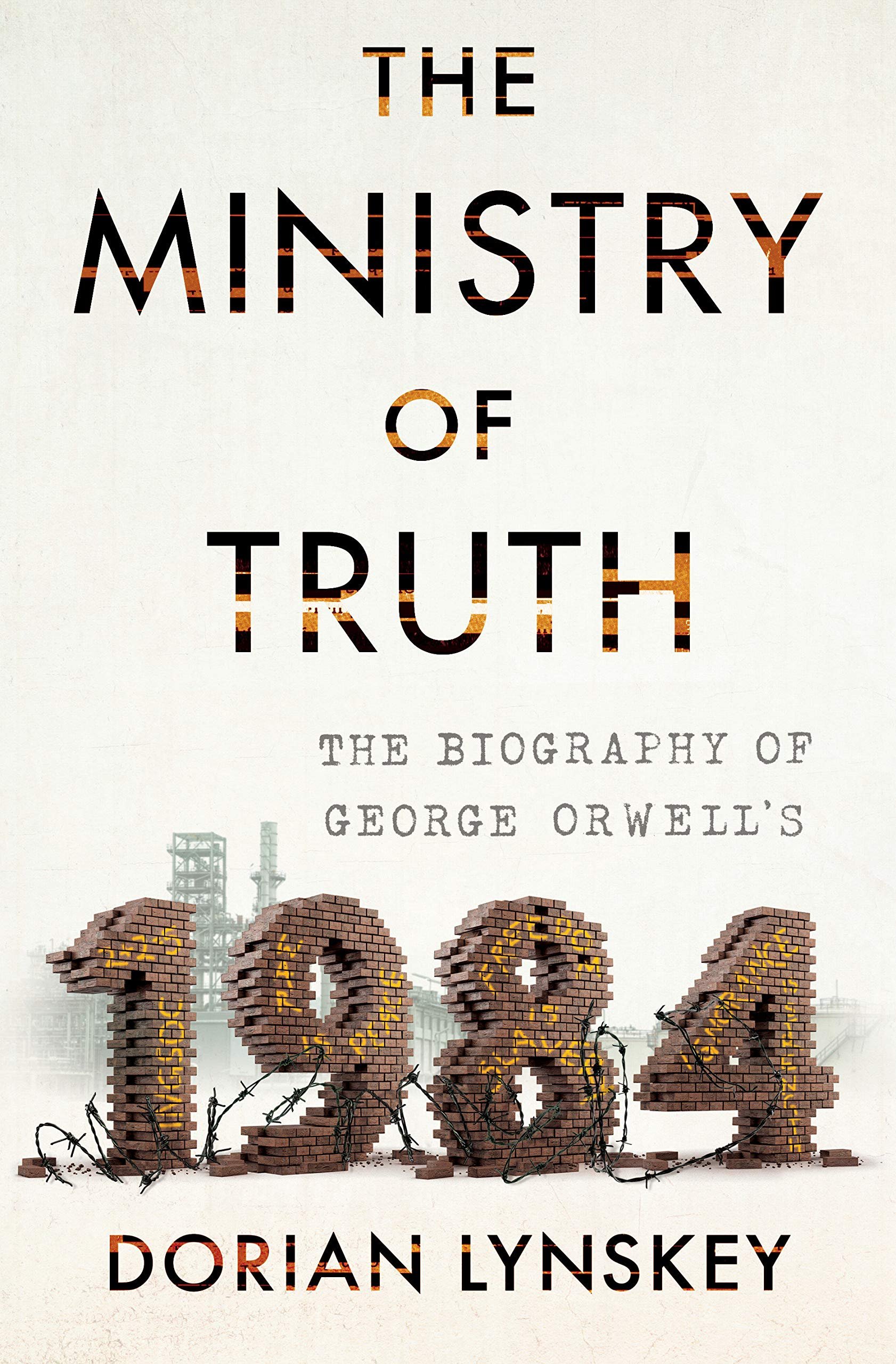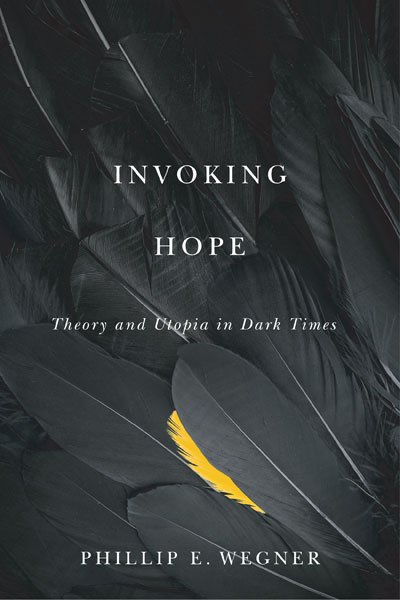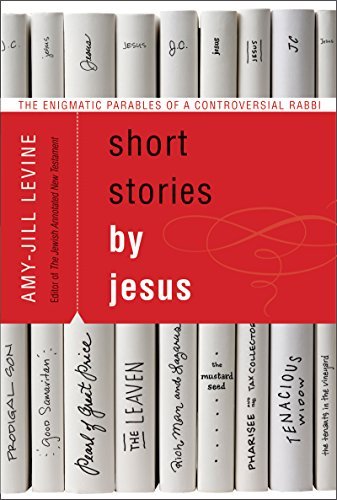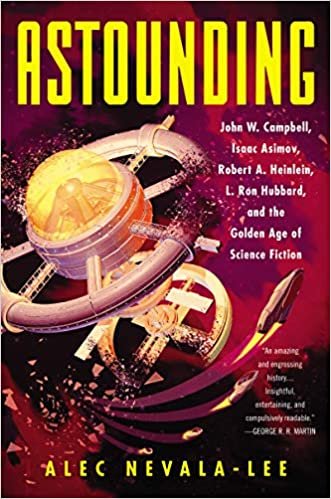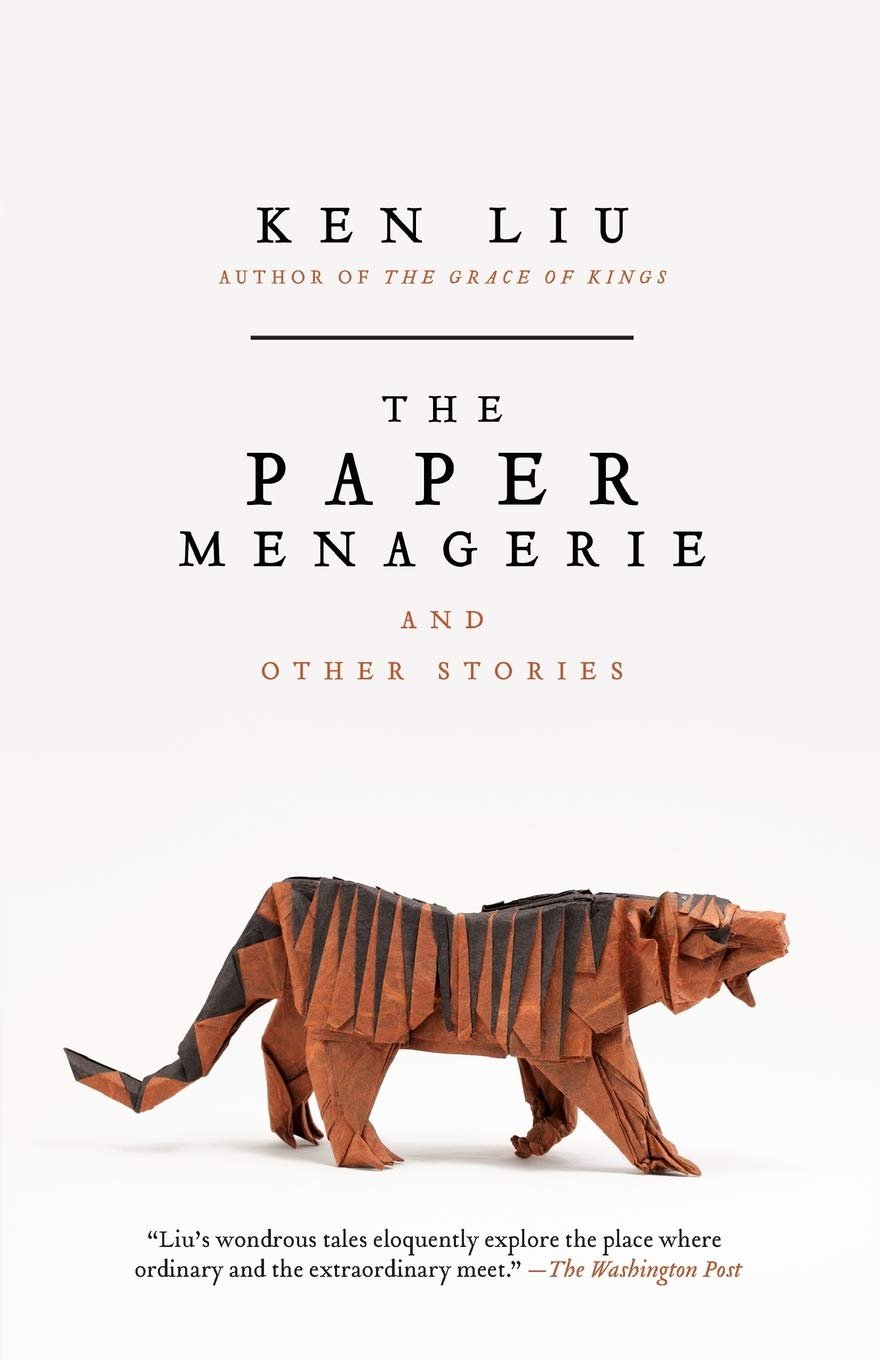2021 Ten Top Books
This will probably be my last top books of the year post, since I’m hoping to transition to a monthly or quarterly reflection on books read (especially since my book intake has increased dramatically over the last two years).
I like the process of writing about books because it helps to reflect on and think with the text in question. And, hopefully, it helps others see what I’ve been reading in order to talk about it :) Because if there’s something I love most, it’s talking about books and forming communities around texts.
She Said: Breaking the Sexual Harassment Story That Helped Ignite a Movement
This is a really insightful and intrepid story about how Kantor and Twohey went about gathering sources and breaking the story of Harvey Weinstein, which is what galvanized the Hollywood Me Too moment and the Time’s Up movement (which has since had its own troubles).
The story and the way Kantor and Twohey tell it is rather great. They combine their voice and their perspective, providing for a united front in some areas and an individualized approach in others. It shows the power of teamwork and community in bringing about societal change, which I’d argue Weinstein’s case did do (even though I’d also say it has not nor ever will do enough).
The Ministry of Truth: The Biography of George Orwell's 1984, Dorian Lynskey
For my fellowship, I’m studying George Orwell, and I think this book, a biography not of Orwell but of his text, is really enlightening. Nineteen Eighty-Four was released right when Orwell passed away, so it really is the echo of his life, a last message from the darkness. Lynskey captures rather well the story leading up to it and the story of its life since publication over the last seventy-odd years.
Make Yourselves Gods: Mormons and the Unfinished Business of American Secularism
I reviewed this book for Reading Religion, the American Academy of Religion’s review website (which you can read at the link below).
As I’ve thought more and more about this book, I think it is a really important book if you’re looking to broaden your engagement with Mormonism in a way that cohabitates with other philosophies or engagements. It helps to remove the monolith of Mormonism (especially Mormon history, as Mormon studies coalesced around since inception) and provide a path to making Mormon studies into obelisks of ontologies.
Invoking Hope: Theory and Utopia in Dark Times, Phillip E. Wegner
My review for this book will be coming out in the next SFRA Review issue, but needless to say, this book brought me glimpses of hope within the nethers of theory. This book is theoretically dense—chewable, digestible, to use more eat-emological words. Jokes aside, this is cutting edge utopian and literary theory. Wegner’s engagement with and re-readings of (and development of the concept of non-reading) is really enlightening and helps us consider theory in light of the darkness the world seems to be covered in.
Queer Mormon Theology: An Introduction, Blaire Ostler
I love this little text. It’s one of the only books out there that actually theologically takes Mormonism by the horns and grapples with it and queerness. Instead of arguing for a place within the Church, Ostler forgoes apologetics and unapologetically declares Mormonism and queerness to be at least kin, if not the same. As an introduction into doing queer theology in a Mormon way, or doing Mormonism in a queer way, it' is an excellent beginning and an open invitation for more works like it, which I love.
Alma 30–63: A Brief Theological Introduction, Mark A. Wrathall
I’ve now read through most of the Maxwell Institute’s Brief Theological Introduction series, and most of them are great. But Wrathall’s deep investment into arguments of justice and mercy—and his argument centered on justice for mercy or mercy through justice—helped to revitalize sparks of faith within me.
Short Stories by Jesus: The Enigmatic Parables of a Controversial Rabbi, Amy-Jill Levine
Levine takes Jesus as rabbi rather than Jesus as god as her starting point in this text, and then rolls with it. I always love contextualization of Jesus rather than historicizing of Jesus. This book is one of those that attempts to help us re-read (or, for Levine, read culturally correctly) the parables, since many times, those within the Christian diaspora or pervaded by Christian influence utilize the parables as instruments or weapons rather than teachings.
This book helps to re-vise our readings of the parables, which I think is always important.
The Invisible Life of Addie LaRue, V. E. Schwab
What can I say about Addie? This book is Schwab’s paramount slow-burn, walk-by-the-beech, hear-the-ocean-swell-throughout-the-day, don’t-worry-about-the-rest-of-the-world, only-be-present-in-the-book book. It comes with the wit, the superb weaving of the written word, and the heartbreak Schwab is known for, and couples that with Faustian deals, an inhuman devil with a human desire, and humans with devilish desires, and delivers a book that considers humanity, hope, and loss, all in one.
Astounding: John W. Campbell, Isaac Asimov, Robert A. Heinlein, L. Ron Hubbard, and the Golden Age of Science Fiction, Alec Nevala-Lee
The Golden Age of science fiction isn’t always as pretty as we hope it to be, especially because it created the foundation upon which almost all science fiction is currently written. Nevala-Lee is unflinching in his tale telling, which is welcome when considering men who have become gods in the stars.
The Paper Menagerie and Other Stories, Ken Liu
Ken Liu’s short story collection is excellent and had me thinking, consider, and re-thinking and re-considering, as only the best speculative fiction will do.
My favorites from this collection: “The Perfect Match,” “Good Hunting,” and “The Litigation Master and the Monkey King.”
